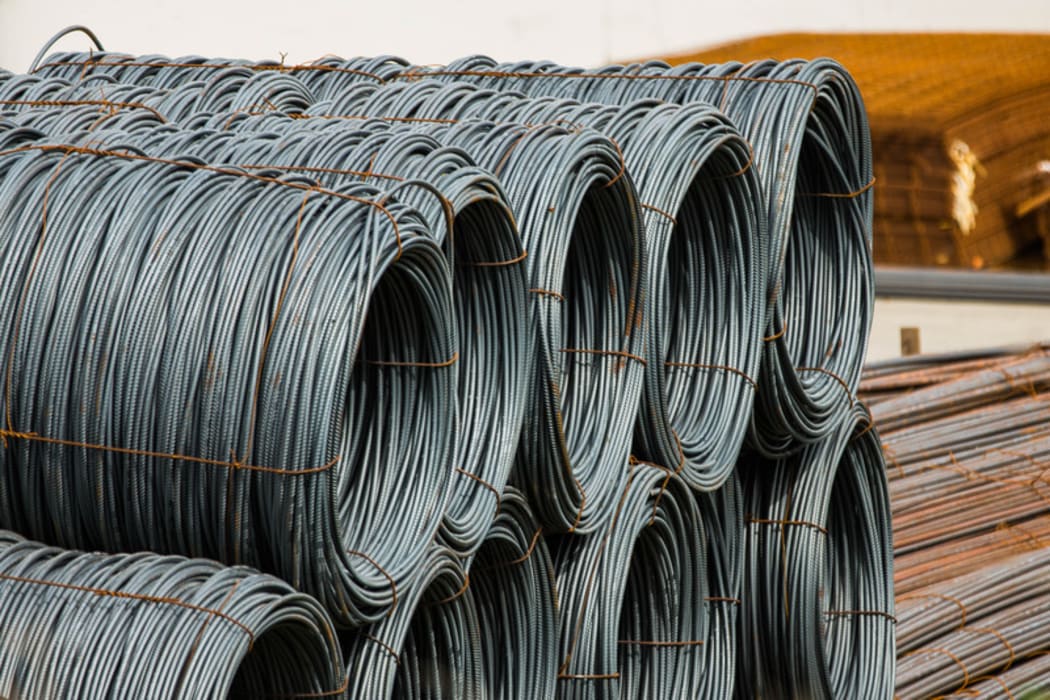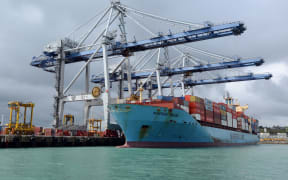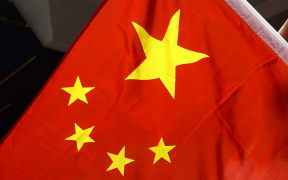China's economy expanded faster than expected in the first quarter as higher government infrastructure spending and a gravity-defying property boom helped boost industrial output by the most in over two years.

Steel sitting in a yard in an industrial area (file photo) Photo: RNZ / Cole Eastham-Farrelly
Growth of 6.9 percent was the fastest in six quarters, with forecast-beating March investment, retail sales and exports all suggesting the economy may carry solid momentum into spring.
But most analysts say the first quarter may be as good as it gets for China this year, and worry Beijing is still relying too heavily on stimulus and "old economy" growth drivers, primarily the steel industry and a property market that is showing signs of overheating.
"The Chinese government has a tendency to rely on infrastructure development to sustain growth in the long term," economists at ANZ said in a note.
"The question we need to ask is whether this investment-led model is sustainable as the authorities have trouble taming credit. We need to watch closely whether China's top leadership will send a stronger signal to tighten monetary policy shortly."
Even as top officials vowed to crack down on debt risks, China's total social financing, a broad measure of credit and liquidity in the economy, reached a record 6.93 trillion yuan ($1 trillion) in the first quarter - roughly equivalent to the size of Mexico's economy.
At the same time, spending by the central and local governments rose 21 percent from a year earlier.
That helped goose the pace of growth in the first quarter well above the government's 2017 target of around 6.5 percent, and pipped economists' forecasts of 6.8 percent year-on-year.
Such a strong bolt from the gate by China could see Beijing once again meet its annual growth target, even if activity starts to fade later in the year, as many analysts widely expect.
Most analysts agree the heated property market poses the single biggest risk to China's economic growth, but predict the cumulative weight of property curbs will eventually temper activity, not produce an outright crash.
Buoyed by a near 12 percent increase in housing starts, China also produced a record amount of steel in March, Reuters data showed, though analysts said warning signs are flashing.
Rising inventory levels and recent falls in steel prices suggest output has been growing faster than China's actual demand, raising worries of a glut later in the year which could heighten trade tensions with the US and its other major trading partners.
Meanwhile, US stocks and the US dollar dipped on Monday, while US bond yields slumped to five-month lows after soft economic data hurt followed worries over North Korea and coming French elections.
- Reuters






